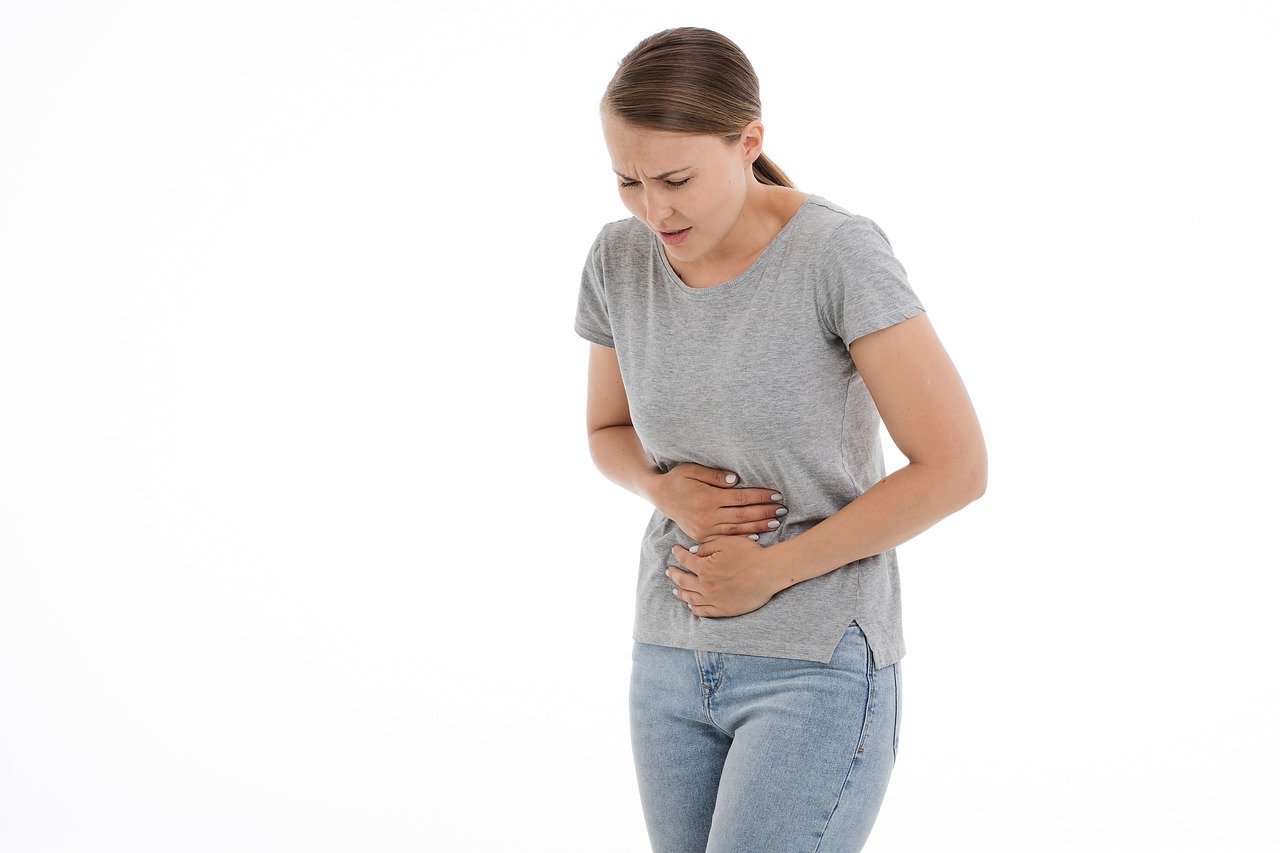Why Do I Feel Nauseous After Drinking Water? 5 Reasons
-
Dean Eby
- Last updated:

Water is one of the most essential needs for any human being. While you can survive for weeks without food, you’ll die after just three days1 without water. Knowing that, you might assume that drinking water would make you feel good, but for many people, drinking water can cause nausea, giving the impression that water is almost bad for your health!
Why might something so vital for your health create such adverse effects in your body? While it isn’t necessarily a normal response to consuming water, it’s still pretty common. If you’re experiencing such issues with drinking water, you’re probably concerned and wondering exactly what’s the problem. The truth is nausea can result from drinking water for several reasons, and by the end of this article, you’ll know and understand those reasons.
What Is Nausea?
Nausea is that sick feeling in your stomach that makes you want to throw up. Often, it will cause you to vomit, though that isn’t always the case. You can undoubtedly feel nauseous without vomiting, but you’ll have the sensation of needing to throw up accompanied by stomach discomfort that could reach the intensity of pain.
Why You Feel Nauseous After Drinking Water
While there are many causes of nausea, for some people, simply drinking water is enough to create this unpleasant sensation. This is more common than you might think, and if you’re reading this, it’s likely that you also suffer from nausea after drinking water. Essentially, there are four main reasons that this occurs.

1. Your Stomach Is Too Full
We’ll start with the most obvious cause first. If your stomach is overly full, it will cause some uncomfortable sensations. While this explanation might seem like it’s too simple, it’s a very real possibility. This is particularly true if you’ve eaten a lot of carbohydrates, which absorb water. When you drink the water, the carbs in your stomach absorb the water, causing them to expand, reducing the room in your digestive system, and causing your nauseous feelings.
2. Your Stomach Is Empty
Drinking water on an empty stomach can have nearly the same effect as drinking water on a full stomach, but for entirely different reasons. While your stomach isn’t overly expanded when it’s empty, if you drink a lot of water on an empty stomach, it can easily cause serious discomfort. Your stomach starts rapidly attempting to process all that water, which results in nausea.
3. Digestive Disorders
If you have digestive issues such as indigestion or heartburn, drinking water can exacerbate these issues if you drink too much too fast or on an empty stomach. For those with such health concerns, it’s a good practice to drink very slowly when your stomach is empty so your body has time to process the water in small amounts.
4. Diluted Stomach Acid
Drinking water rapidly can cause stomach acid to dilute, which is made much worse if you suffer from acid reflux or gastroesophageal reflux disease (GERD). If you’re experiencing nausea often after drinking water, it might be due to either of these diseases.

5. The Water Was Contaminated
A common reason for nausea after drinking water is contamination. If you find that water from a particular source is causing your nausea, such as from your well, it’s likely due to contamination.
Water Contaminants That Can Make You Nauseous
There are many impurities that can contaminate your water, and some of these, including the following five, can cause nausea if you consume them.
1. Pesticides and Herbicides
Since pesticides are sprayed over crops, they end up as runoff that seeps into the soil, eventually infecting underground water sources that many people depend on for drinking water. Many of these chemicals can cause nausea when ingested.
2. MTBE
A lot of groundwater in America is contaminated by MTBE, which is a by-product of the oil-refining process. It’s highly toxic and can contaminate a large volume of water very quickly. Many water wells have been shut down due to MTBE contamination. It’s known to cause nausea, as well as headaches, disorientation, and dizziness.
3. Algae
When chemicals in water mix with high temperatures, the perfect breeding ground for algae is created. The algae can be poisonous to humans, and when it starts to grow in the water, that water is instantly contaminated and can make you sick. Worse than just nausea, consuming algae can cause diarrhea, vomiting, a sore throat, and even damage to your liver. Unfortunately, algae outbreaks are on the rise, with 169 outbreaks in 2017 compared to just three in 2010.
4. Bacteria and Parasites
Bacteria is present in water, though not in high enough amounts to make you sick. Still, if bacteria heavily contaminate your water, it could become harmful. Fecal bacteria is one of the most common bacterial contaminants, and if you’re drinking water from outside sources, you’re very likely to encounter it. Like bacteria, parasites affect water supplies and can cause similar symptoms when consumed. Common parasites include cryptosporidium and giardia.
- Related Read: Best Inline Water Filters – Reviews & Top Picks
5. Heavy Metals
Heavy metals are common culprits of contaminated drinking water, with antimony and cadmium topping the list. Concentrations of these metals are limited in drinking water. Antimony can’t be present in volumes greater than six parts per billion, while the maximum cadmium level is five parts per billion. Even though these seem like incredibly low numbers, recommendations are considerably lower, a testament to how dangerous these heavy metals can be.
Conclusion
There are many causes of nausea, including motion, foods, health conditions, medications, and more. For some people, all it takes is a glass of water. Granted, this is often caused by the water and not an underlying health concern. Water devoid of contamination isn’t going to cause nausea, but if all the water you drink makes you feel sick, the problem is likely with you and not the water.
In such cases, it’s best to seek medical attention and determine the underlying reason for your nausea. But if you find that only water from a particular source is activating your nausea, it’s probably an issue with that water source, and you’ll want to figure out what’s wrong with your water, rather than what’s wrong with you.
- You might also like: How to Tell If Water Is Drinkable in the Wild
Featured Image Credit: Pixabay
Contents


